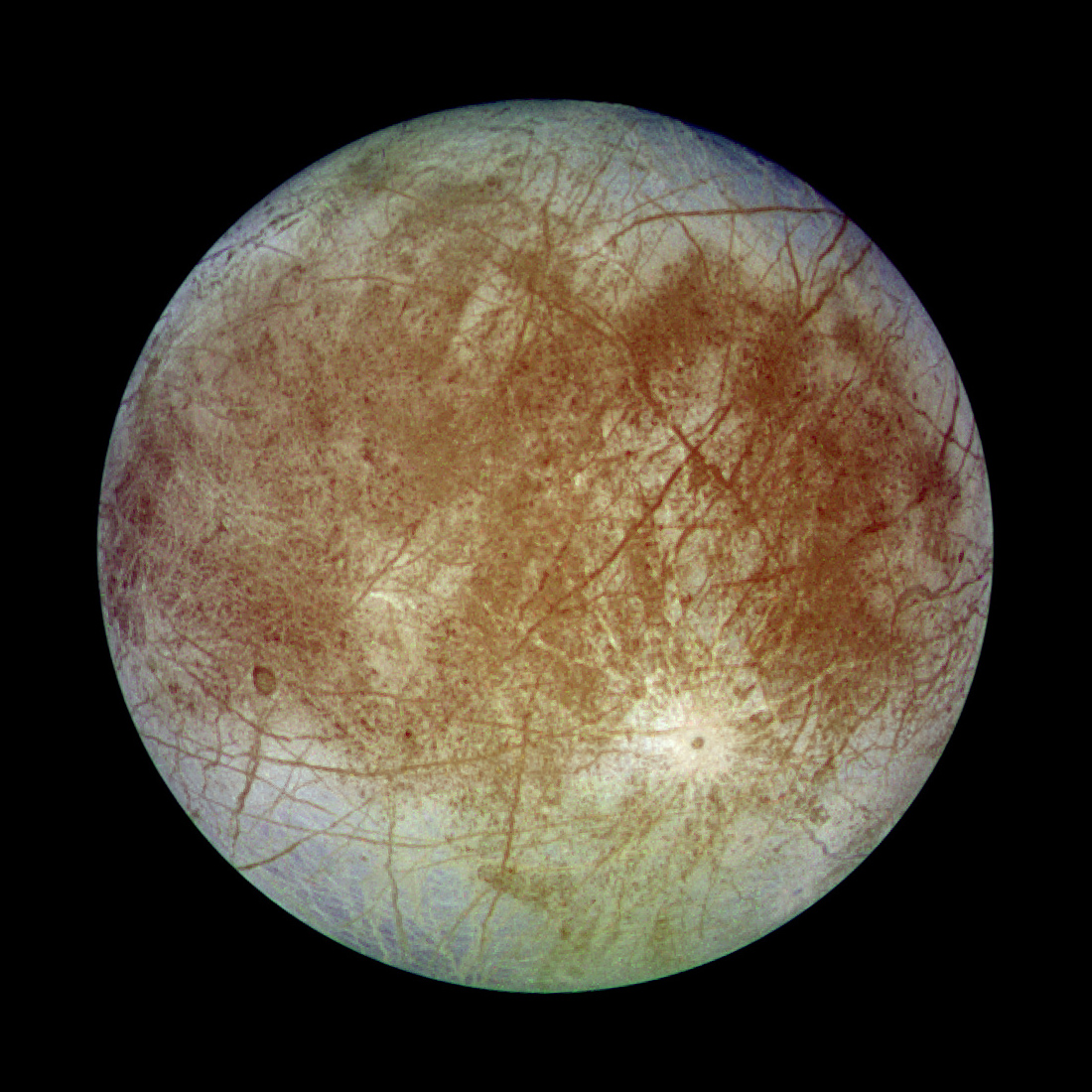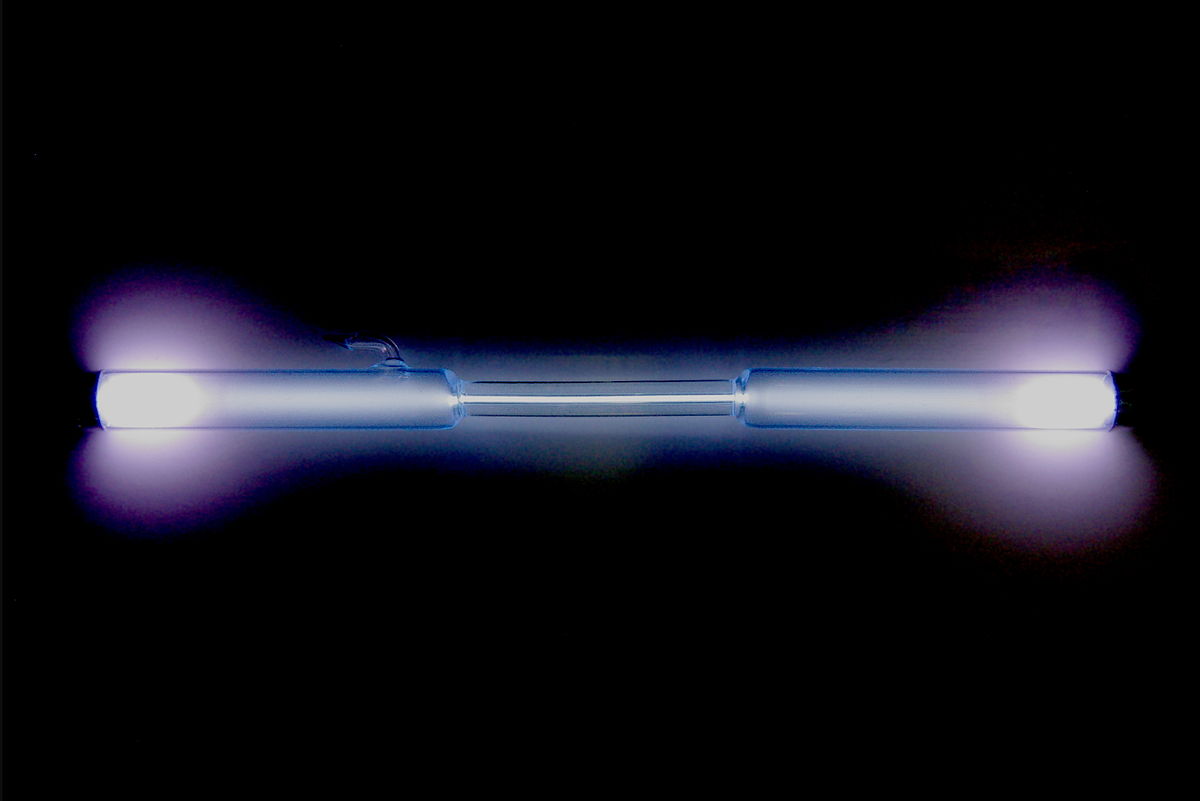
The evolution of microbial life, the ocean, and atmosphere on the early Earth were inextricably linked. The evolution of oxygenic photosynthesis and the resulting build-up of O2 in the oceans and atmosphere was arguably one of the most important events in the history of the young planet, and set the stage for subsequent mineralogical and biological diversification. O2/O3 is also a key biosignature gas for life detection on exoplanets.
While modern cyanobacteria produce O2 as a waste product from the oxidation of water, it may not have always been so. There is a large difference in the redox potentials between water used as an electron donor by cyanobacteria and hydrogen commonly used by the more evolutionarily ancient anoxygenic photosynthesis. Members of our group have speculated that an intermediate reductant such as Fe(II) could have bridged the gap and acted as a transitional electron donor before water. The widespread abundance of Fe(II) in Archean and Paleoproterozoic ferruginous oceans would have made it particularly suitable as an electron donor for photosynthesis. Therefore, iron-dependent photosynthesis using one photosystem in cyanobacteria may have been an important step in the evolution of oxygenic photosynthesis.
Ultimately, we aim to understand the environmental selective pressures at play on the early Earth driving the evolution of water oxidation and oxygen production, so they can be potentially generalized and extrapolated to rocky habitable exoplanets.
 Getting Under Europa’s Skin
Getting Under Europa’s Skin Tracing Formation and Evolution of Outer Solar System Bodies Through Stable Isotopes and Noble Gas Abundances
Tracing Formation and Evolution of Outer Solar System Bodies Through Stable Isotopes and Noble Gas Abundances Photosynthesis, a Planetary Revolution
Photosynthesis, a Planetary Revolution Xenon: King of the Gases
Xenon: King of the Gases